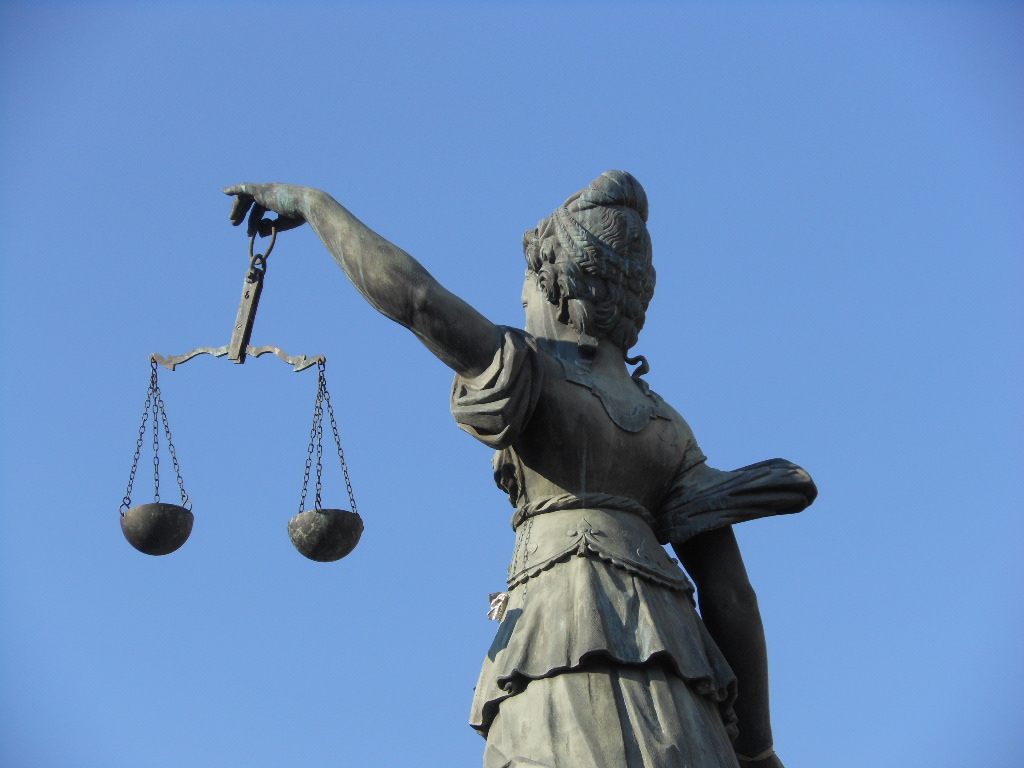There is no such thing as a meritocracy in Singapore. It is the same everywhere in the world — cities and countries are made up of ruling elites who serve to perpetuate inequality. This is not news. One video on Channel News Asia doesn’t suddenly address the problem and make it go away.
This is something most of us have known for a while. Meritocracy is a lie. Even the term itself was made up in 1958 by a writer called Michael Young in his book, The Rise of the Meritocracy. Set in Britain, it’s a society where intelligence and achievements, not where one’s background, determines one’s station in life. But sadly, this term is used in the Singapore pledge and in many other countries to say that equal opportunities are given to everyone, and as children, we believe it to be true until we know better.
Those who are privileged know why it’s important to send their children to elite schools, because more resources and funding is given to students to develop their talents. I have seen many neighbourhood schools that do not have the money to set up a debate society or hire a full-time debate coach. Drama gets sidelined as a co-curricular activity as well because of the very same reasons. Those parents who are not as well off but manage to get their children to elite schools want them to stay there–they whack their children for not doing well enough because they know how hard it is to get in. Maybe they moved to be located near to the school or maybe they got in via a “lucky draw”–these parents know how hard it is to get in and that a slip up has consequences. If these students get bad results during national examinations, it’s harder to bridge the gap the quality of education when the consequence is the child going to a school that isn’t as good. Many rich parents whose children do not do well are more relaxed because they have the money to pursue overseas options.
Yet everyone among the haves and the have nots attributes their own innate qualities to their success or failures, not realising that the system supports or undermines them. As a former debate coach, my students who looked up to me once asked me if they lost because they weren’t good enough. How could I tell them that the system is against them, especially against neighbourhood school debaters? How could I tell them at some of the judges would not favour them if they went up against an elite school, no matter how polished their arguments were? I had already told them that those from elite schools would sneer at them and belittle them, so they better be trained and better have the emotional fortitude to withstand the insinuations that happen on the debate floor. Sure, no personal attacks were allowed, but these insinuations lay in the way these students carried themselves on the floor. It came out in their speeches, no matter how much they tried to suppress it. And both the privileged and the have-nots believe that their so-called innate superiority is better and that they got where they are because of their intelligence.
The class divide is real. It is everywhere. You can call it the Old Boys’ Club, the elite prep school club, but it’s always the same few people who perpetuate these inequalities. These interconnected families have the money and the power, and in order to perpetuate their own agendas, they ensure that everyone in this inner circle is elected. This affects all the other issues that the disenfranchised are concerned with. Not every school is a good school. 377A is going to remain as part of the law. It is also why Kavanaugh, despite the crimes he committed, will get away with sexual assault because he is part of the Old Boy’s Club.
Acknowledging inequality and being aware only does so much. Sometimes, I tell a child that his or her failures have got nothing to do with his intelligence, and I can only wish to tell them that the cumulative effects of economic policies is the culprit. We don’t say it because we’re so afraid to think that this will suggest that hard work is not necessary. We don’t break the illusion of the narrative.
There must be a way to stop this. There must be a way to form a more egalitarian society.
Featured image by Michael Coghlan
